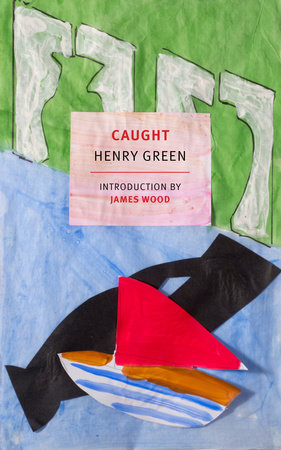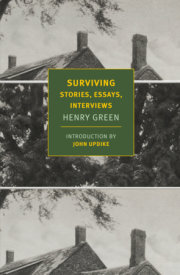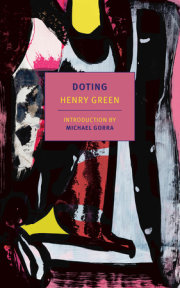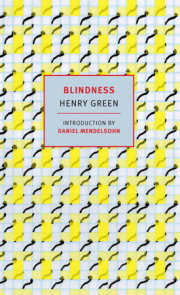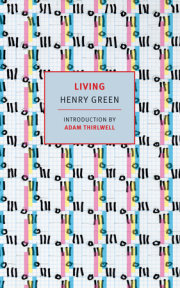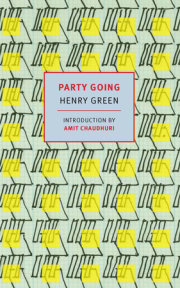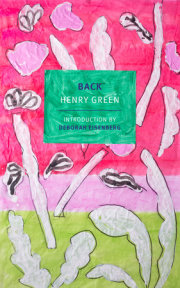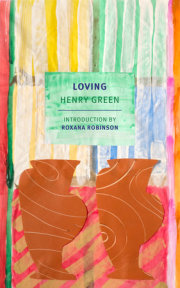"First published in 1943 and now reissued in the New York Review Classics series, Caught manages the improbable feat of being both a harrowing war story of London during the Blitz and a sharply observed comedy about social class. Green was a silver-spoon aristocrat, but his ear for common speech was as keen as Dickens’s." —Charles McGrath, The New York Times Book Review
“In its lyrical treatment of ordinary London lives it has a mood and style quite unlike anything else I’ve come across in other fiction of the time.” —Sarah Waters, The Sunday Times
“The subject of all Henry Green’s later novels is the inner language and landscape in which his characters lead their real lives. . . . This distinctly upper-class artist is pretty well the first English novelist to have listened to working-class speech and to have understood its overtones and undertones. . . . He could of course have been playing a clever game; but he was not. The morbid, the comic, the lyrical, and even the mannered aspects of his talent were not affected: fierce, fantastic and eccentric as it could be, his material came from the outside and mingled with his nature.” —V.S. Pritchett
"Green's acrobatic syntax yields not an easy reading experience but a rewarding one, as he weaves multiple narratives over and through one another, reeling among perspective shifts, zigzagging through clouds of memory and conjecture….Dense and often funny, this reissue is necessary reading for fans of both Green and modernist fiction.” —Kirkus starred review
Praise for Henry Green:
"Seductive and pleasing...[an]original and engaging author, who wrote about social class--or, rather, the social classes, all of them--with a mordancy and affection that have seldom been surpassed...Henry Green wrote the way he did, in other words, because he couldn't write any other way; he was not a fabulist but a realist, who described the world just as he experienced it." —Charles McGrath, The New York Times
"Green's working aesthetic was delicate, allusive, and cryptic... He could produce a vivid image with a minimum of words...Green himself ardently mixes darkness and light, and his work must always appeal to those readers who, like him, do not fear life's inevitable contradictions." —Brooke Allen, New Criterion
"One of the most piquant and original English writers not only of his generation but of the century." —John Updike, The New Yorker

